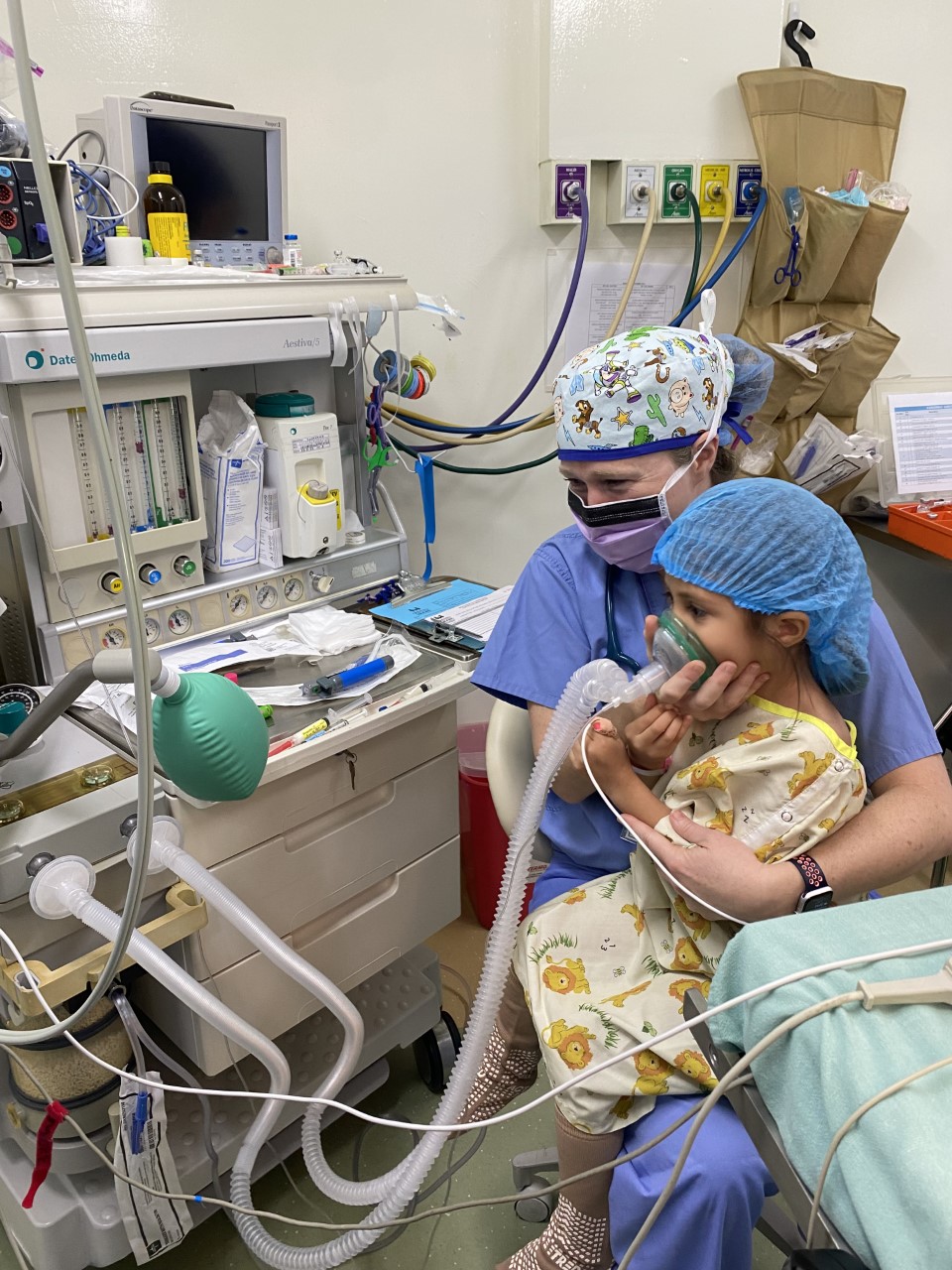 Ambulatory Surgery
Ambulatory Surgery
FDA: Class I recall of Smiths Medical CADD Infusion System Administration Sets, Cassette Reservoirs
Editor's Note The Food and Drug Administration (FDA) on February 2 identified the recall by Smiths Medical of certain CADDTM Infusion System Administration Sets and Cassette Reservoirs as Class I, the most serious. The recall was initiated because of tubing occlusion and false “no disposable attached” alarm issues, which may…
Session: ASC joint ventures—Risk or reward?
Editor's Note “Patients, physicians, and others basically label hospitals as the place you go when you’re sick,” Joan Dentler, MBA, Founder and President of Avanza Healthcare Strategies, said when opening the session, “ASC Joint Ventures—Risk or Reward?” On the flip side, she continued, “outpatient services is where you go when…
Pre-Conference Workshop: Financial management and key concepts for success
To be a leader today you must be competent to understand the drive of financials, says Brandon Bennett, DNP, APRN, CNOR, CNS-CP, CSSM, CNAMB, NE-BC, adding that “optimization is critical.” Bennett discussed the significance of understanding financial management in the OR in the pre-conference workshop on Sunday at the OR…
Panel: Trends in the OR—What's driving profitability?
Editor’s Note Three panelists weighed in on which trends are impacting profitability in an OR Business Management Conference session titled, "Trends in the OR—What's Driving Profitability?" What is the area most affected by last year’s high inflation and supply shortages? Staffing expenses and shortages are continuing to "put pressure on…
OR Business Management Conference kicks off today
Editor's Note The OR Business Management Conference kicks off today! If you’re in Savannah, welcome! Are you ready for a week of learning, networking, and reconnecting? Registration opens at 6:30 am. Please stop by to pick up your badge if you haven’t already. Download the mobile app to see the…
Smart sutures prevent infection, monitor patient recovery
Editor's note Researchers at Australia-based RMIT University have developed a new antimicrobial suture material that can reduce infections and simplify postoperative monitoring. Laboratory testing on the surgical suture finds it is easily visible in CT scans and that it has strong antimicrobial properties, killing 99% of highly drug-resistant bacteria after…
FDA: Class I recall of Medtronic Mahurkar Acute Dual Lumen High Flow Hemodialysis Catheters
Editor's Note The Food and Drug Administration (FDA) on January 30 identified the recall by Medtronic of its Mahurkar Acute Dual Lumen High Flow (13.5 French) Hemodialysis Catheters (Mahurkar QPlus) as Class I, the most serious. The recall was initiated because of a potential catheter hub defect that may cause…
Pediatric patients benefit from calming, quiet OR environment

Takeaways • Children are not small adults. Greater attention should be paid to their fears and anxiety, and equipment and medication should be tailored to meet their needs. • All staff should have Pediatric Advanced Life Support (PALS) certification. • ASCs can use toys and games as distractions to ease…
Strategies for preparing and surviving a CMS survey

The Centers for Medicare and Medicaid Services (CMS) develops conditions of participation (CoPs) and Conditions for Coverage (CfCs) that healthcare organizations must meet in order to participate in Medicare and Medicaid programs. Payers, including government payers, require facility certification or accreditation for reimbursement. “Reimbursement is the critical piece,” says Becky…
ASA updates preop fasting guidelines
Editor's Note The American Society of Anesthesiologists (ASA) has updated its 2017 guidelines for preoperative fasting and the use of pharmacologic agents to reduce the risk of pulmonary aspiration. The new 2023 guidance focuses on topics not addressed in the previous guideline, including ingestion of carbohydrate-containing clear liquids with or…

 Free Daily News
Free Daily News